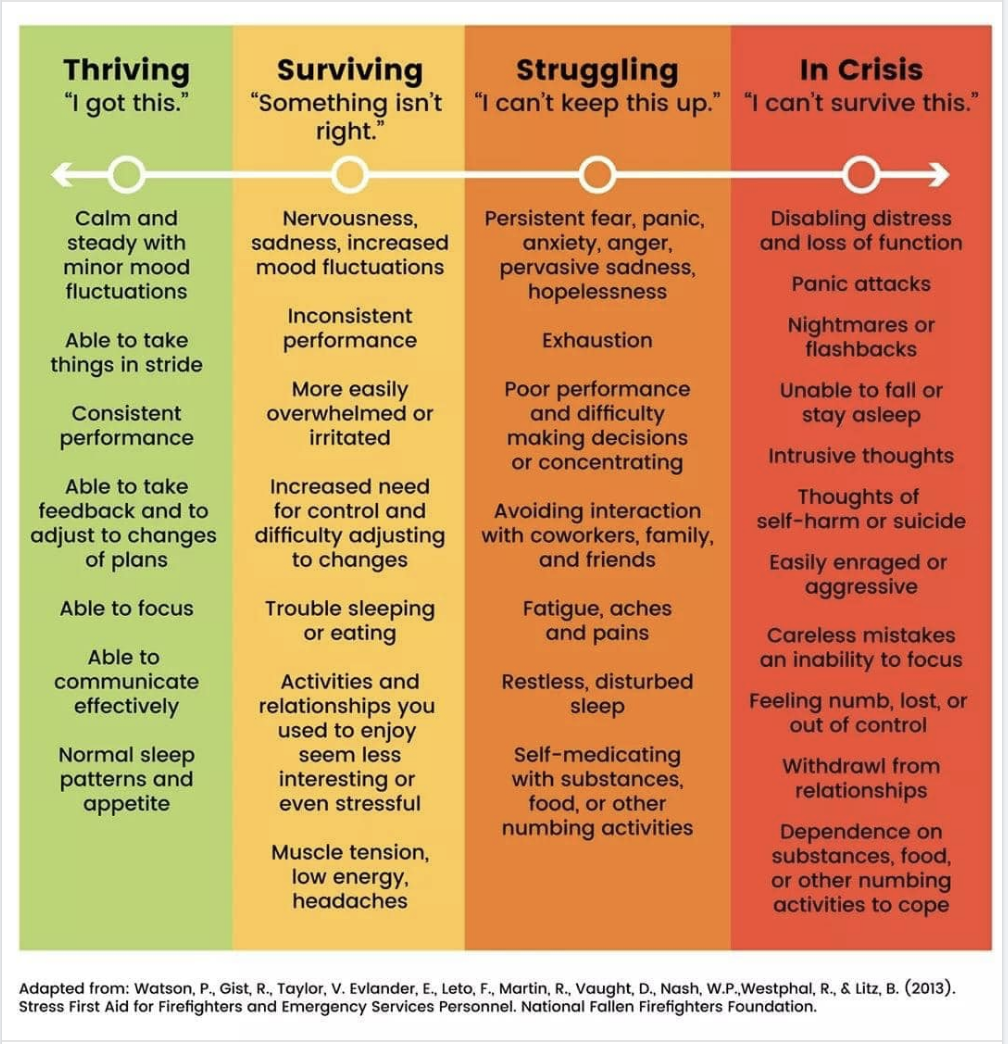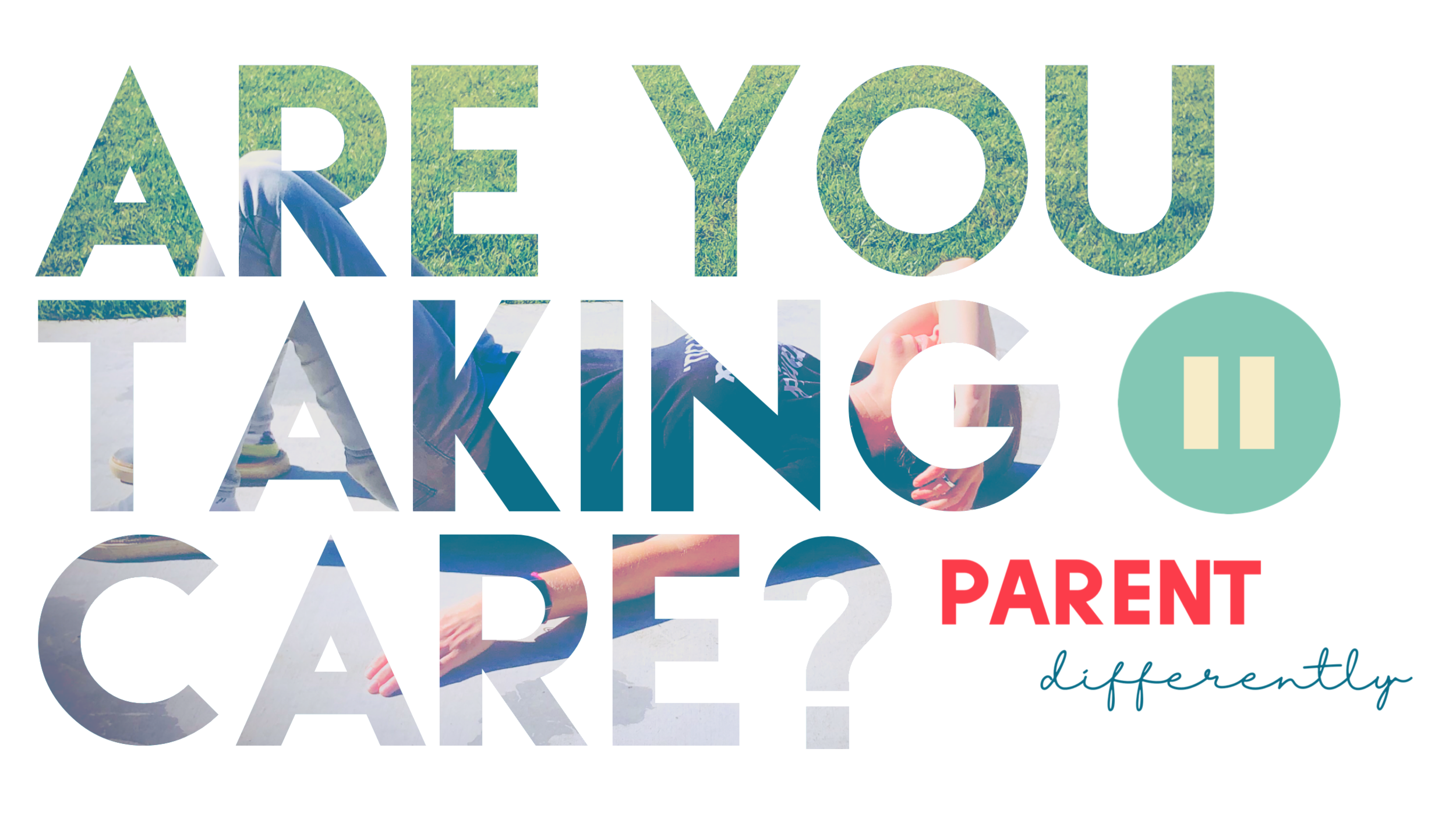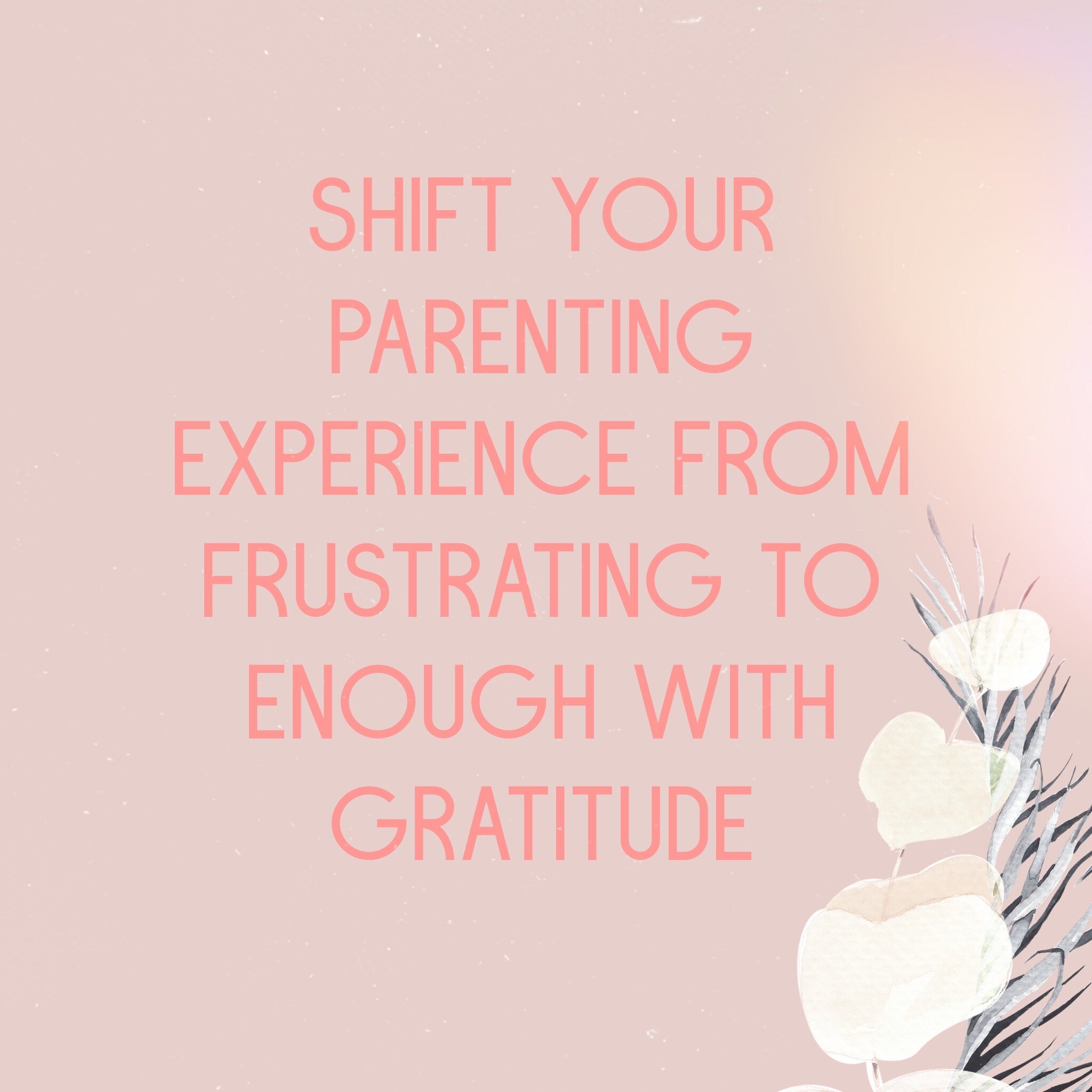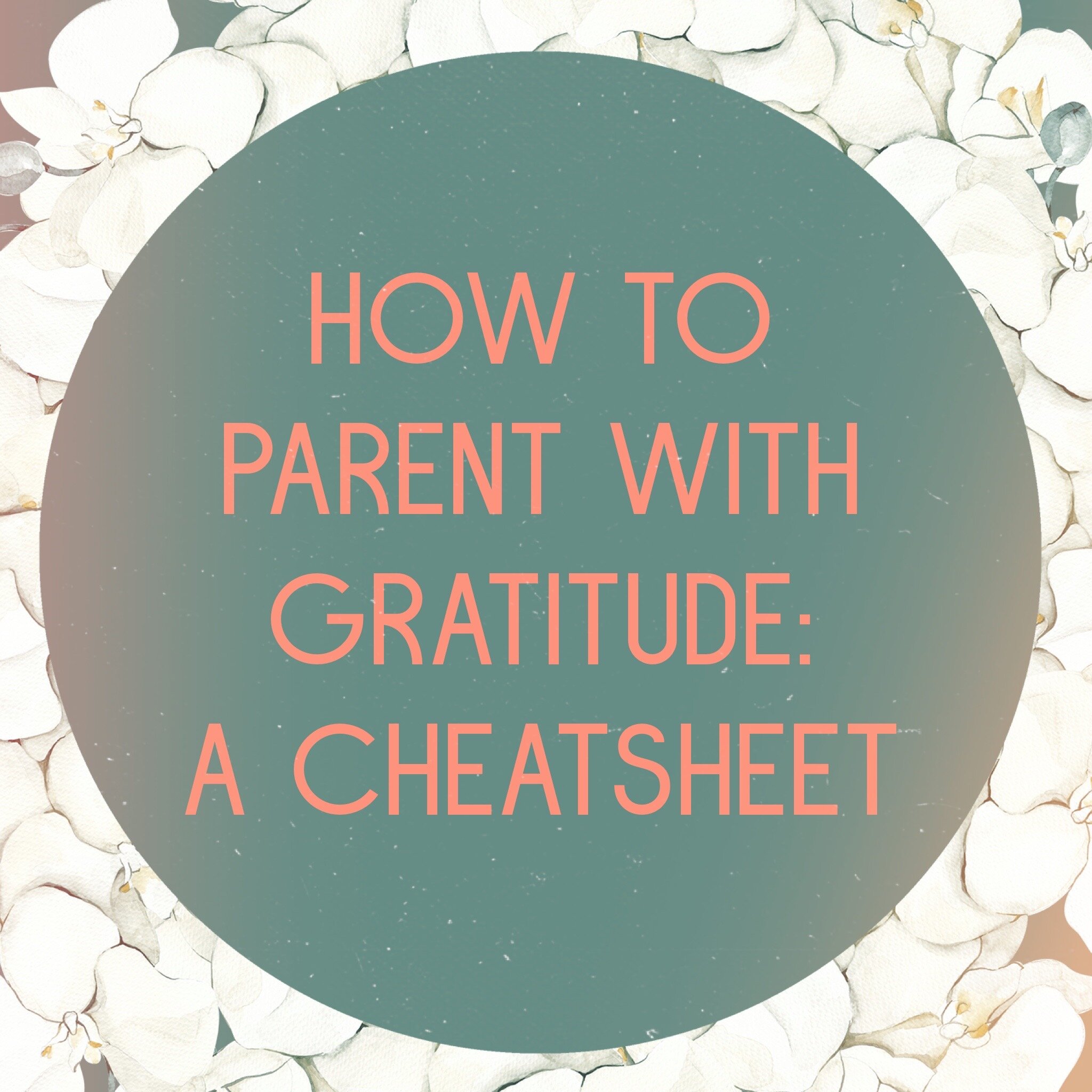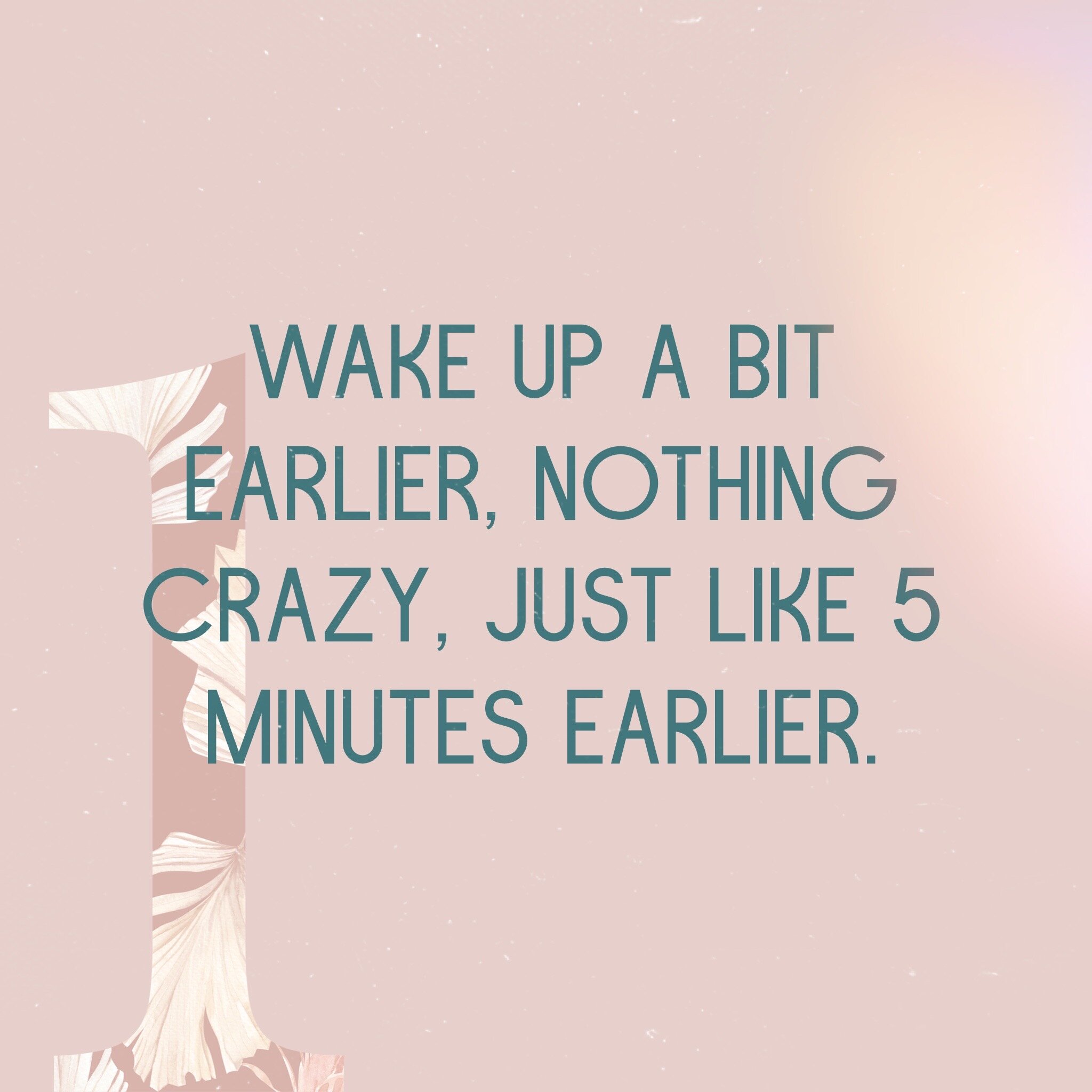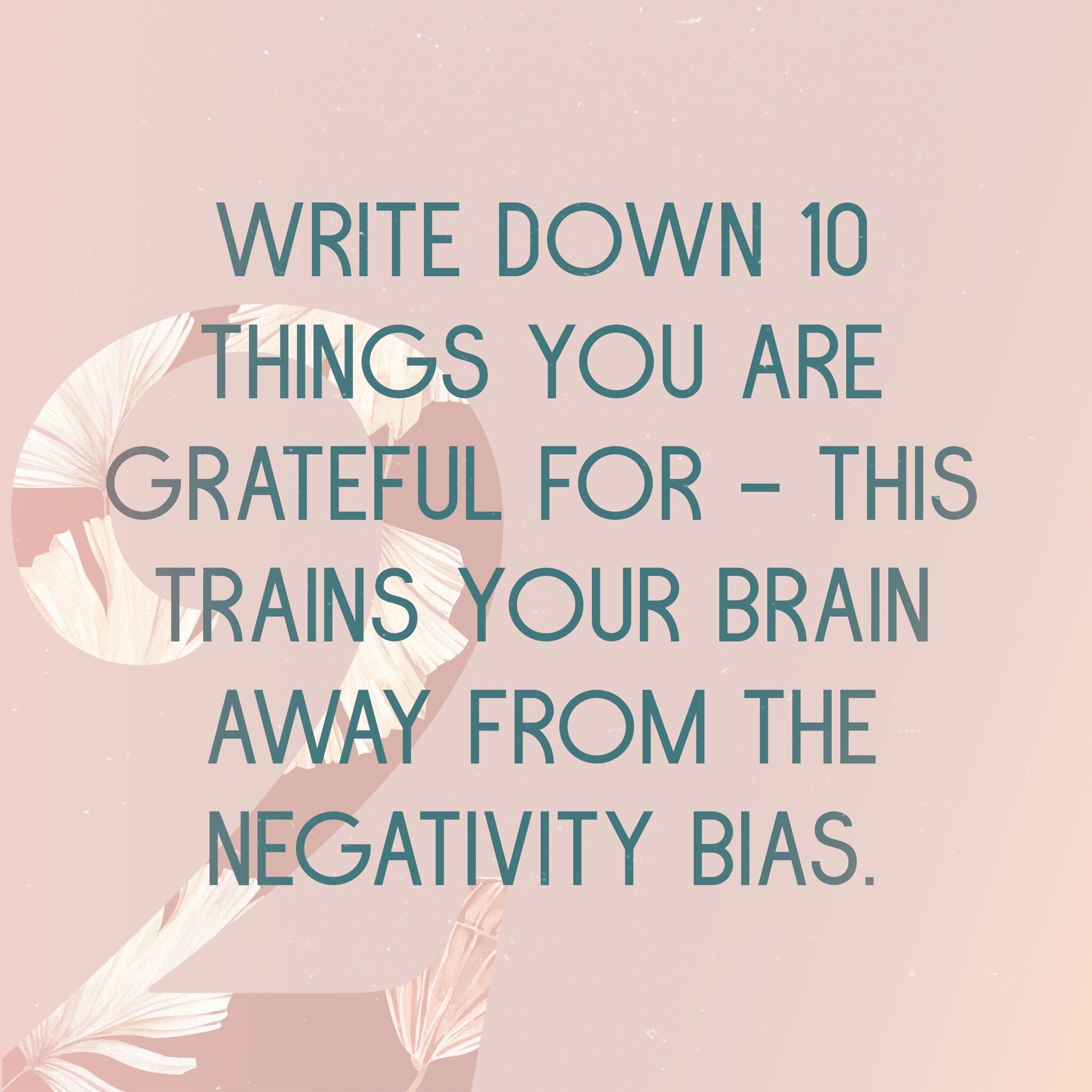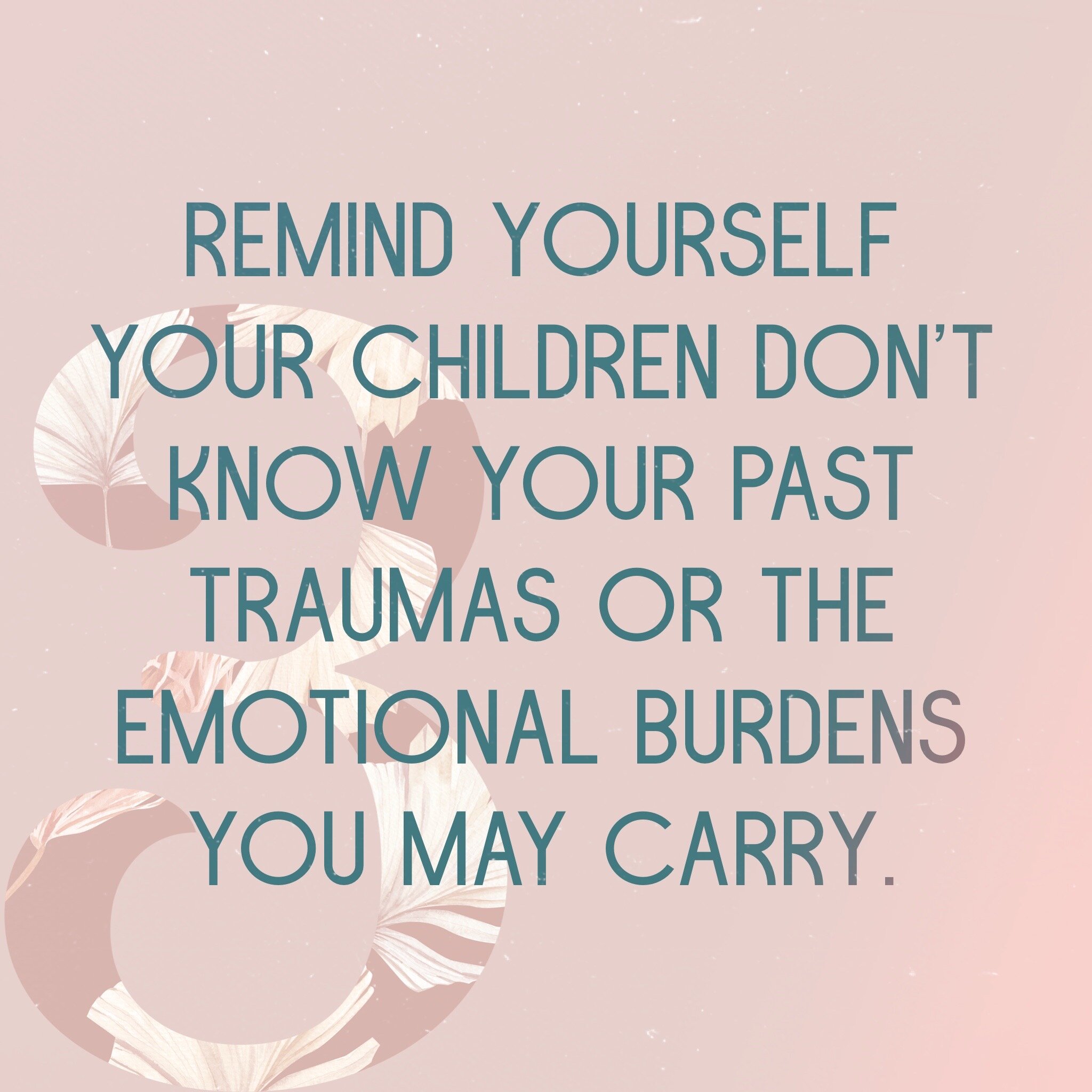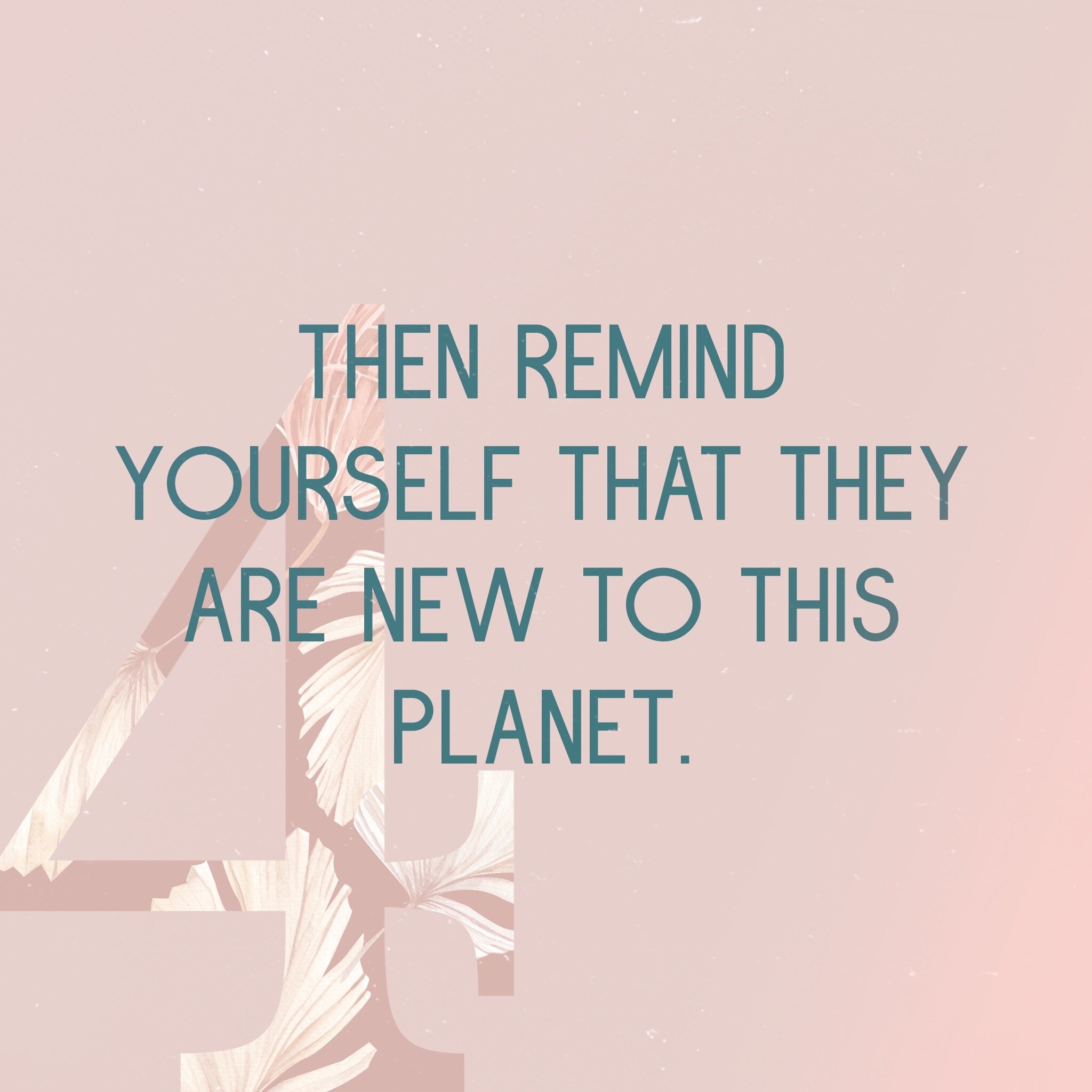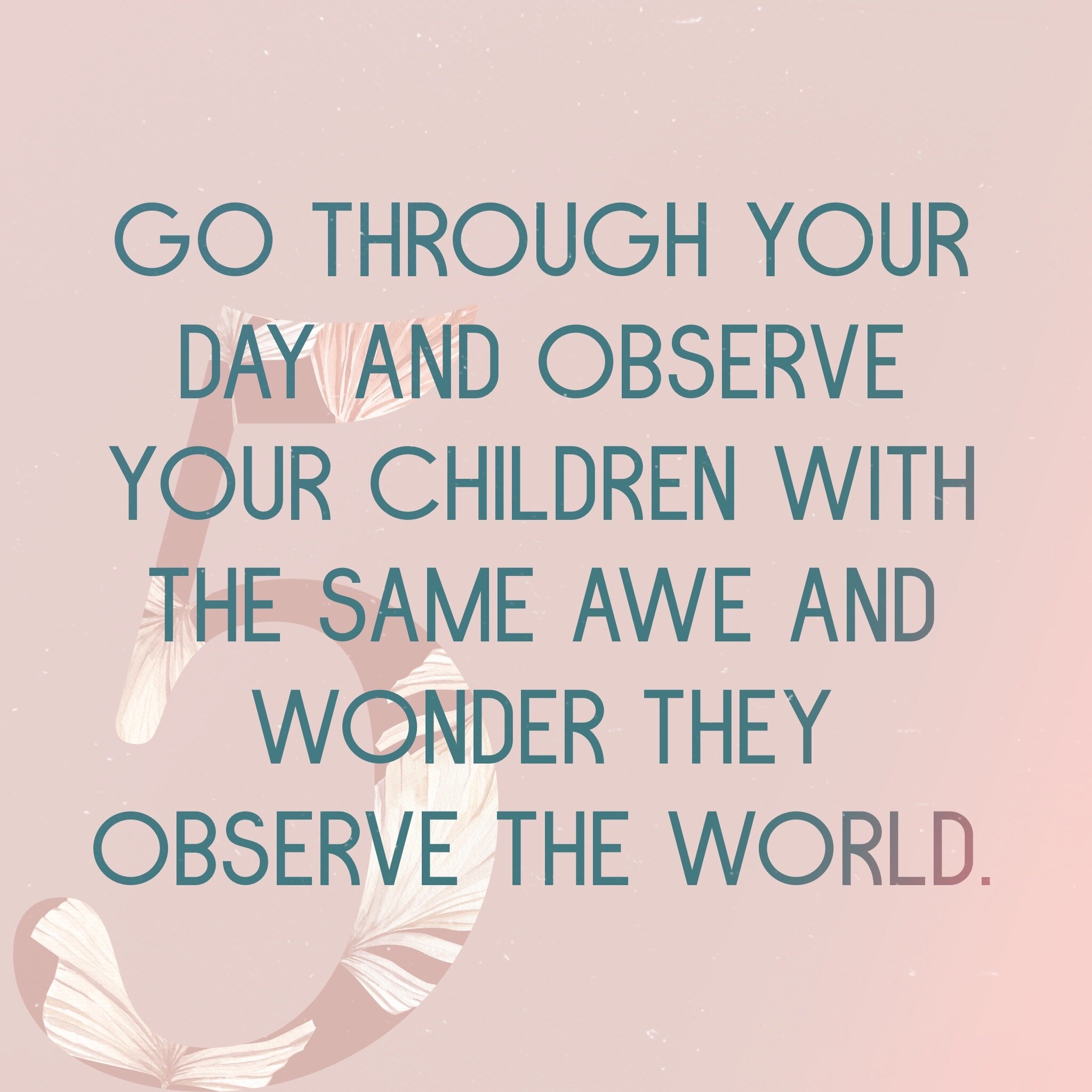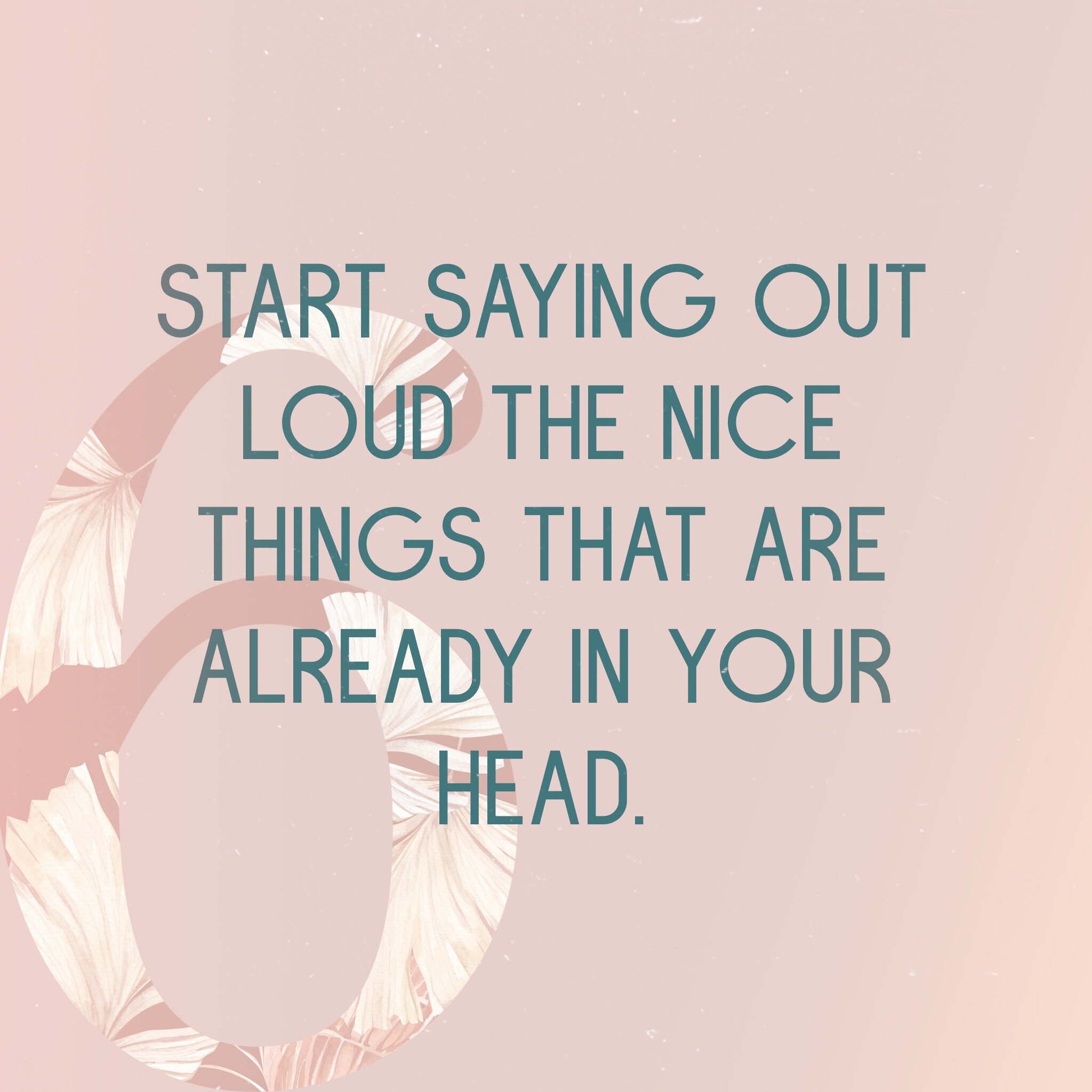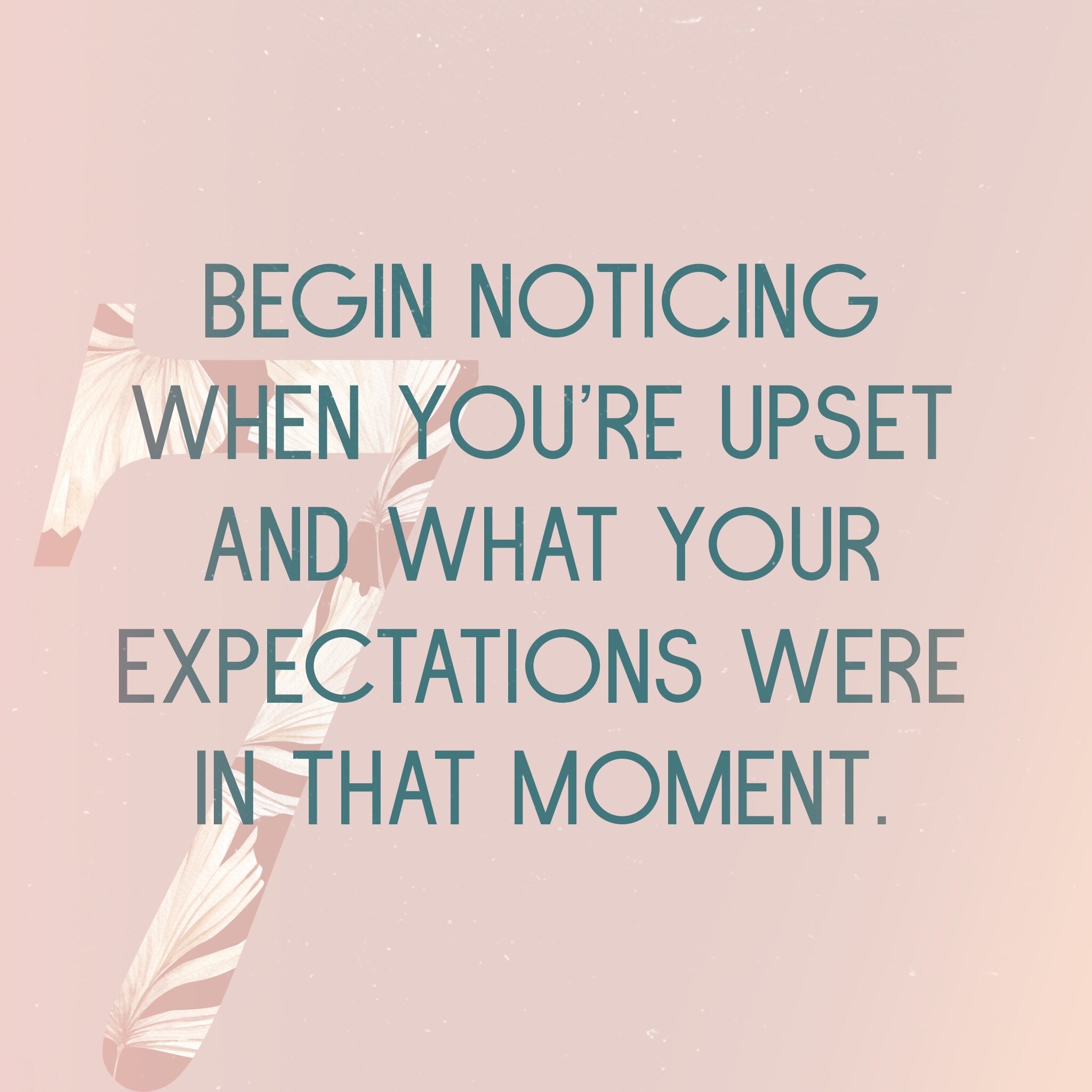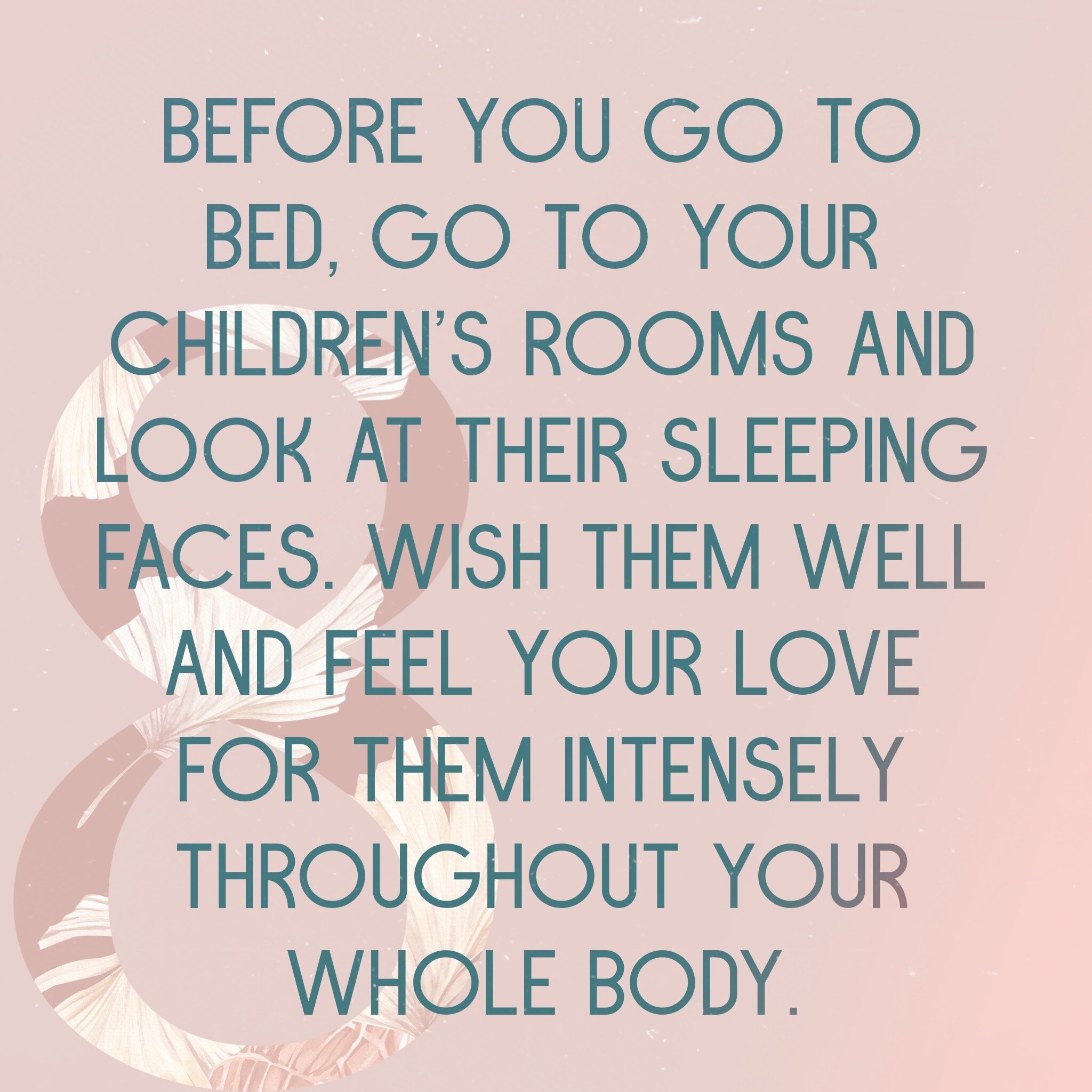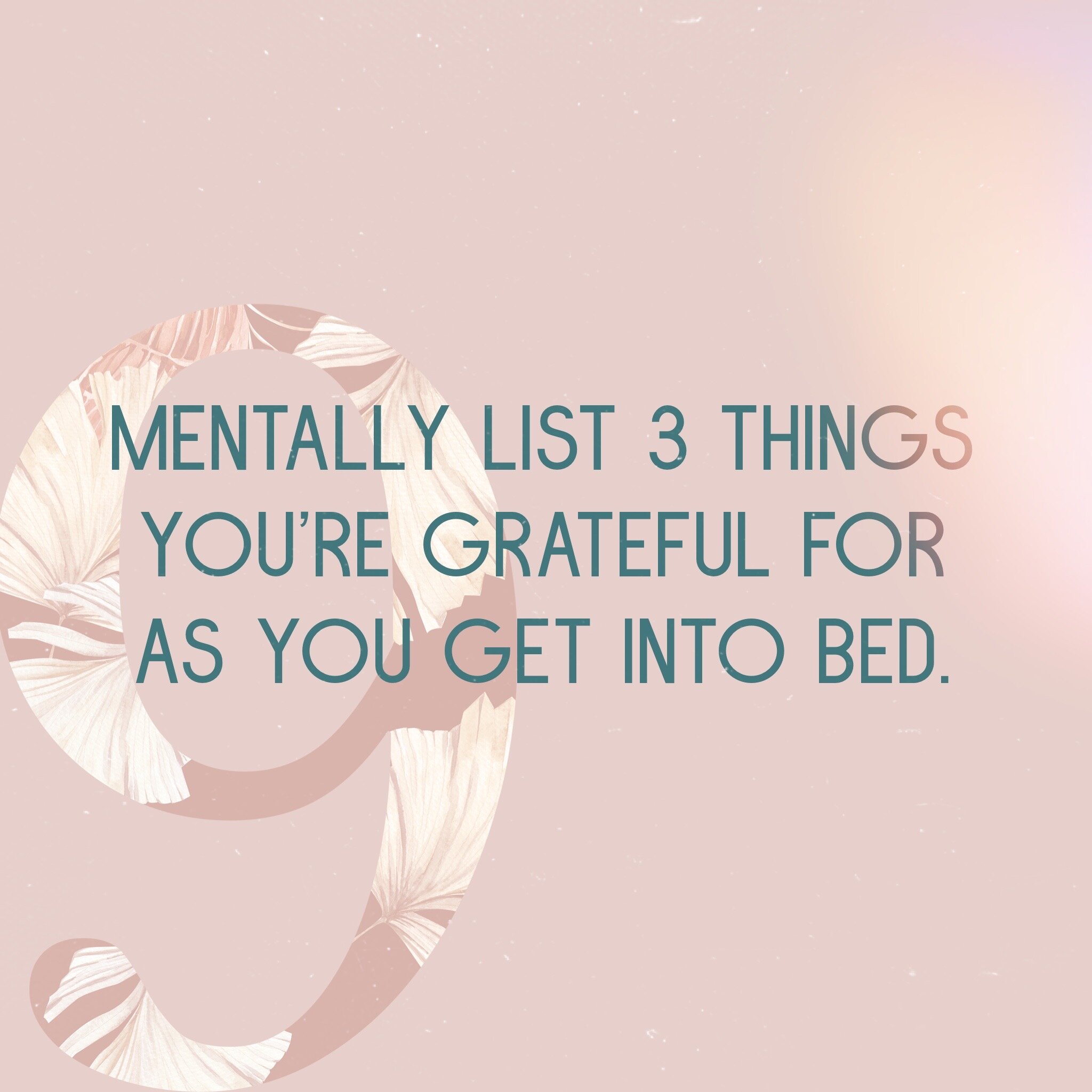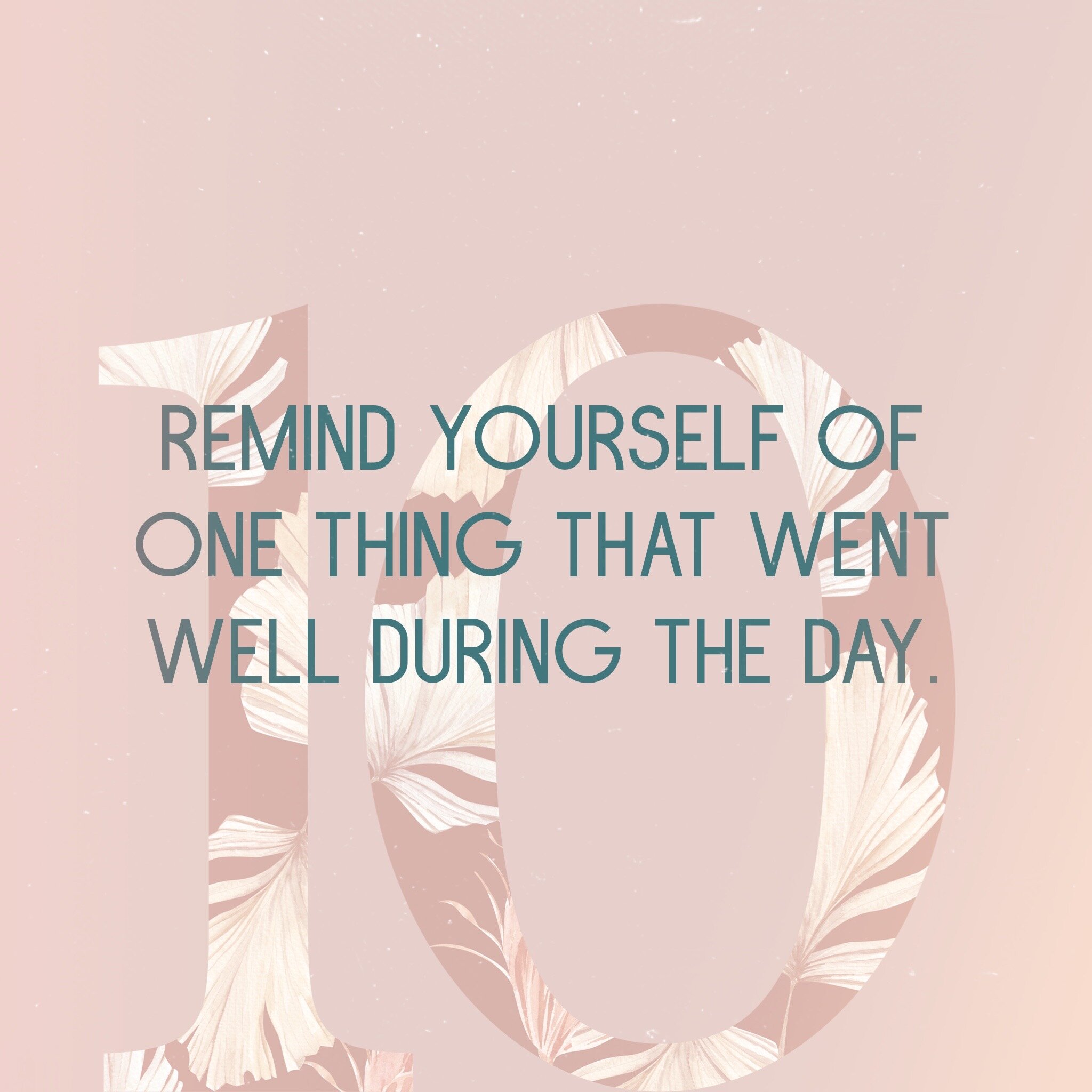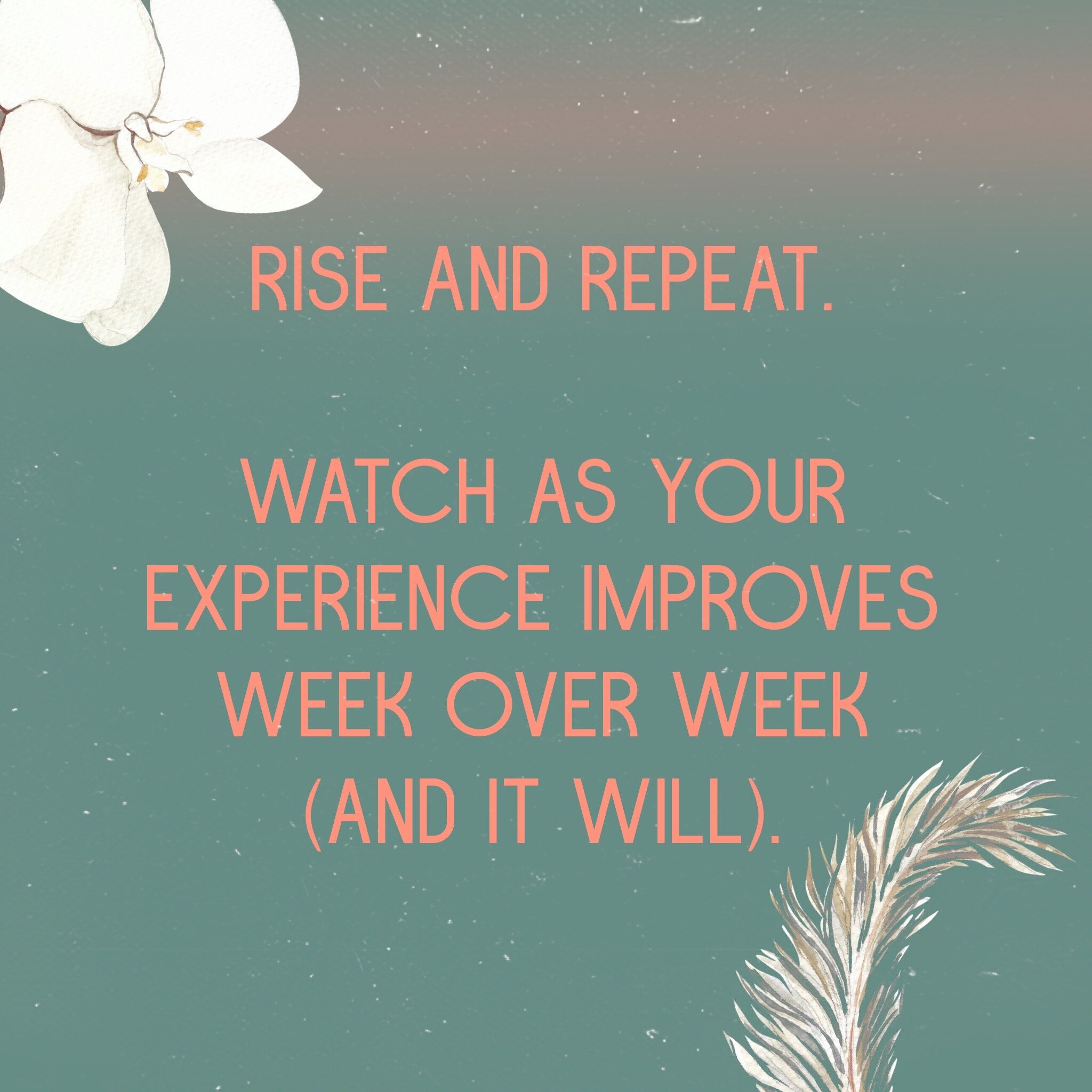Caregiver Burnout - Let's Be Real
Let’s face we all go through some form of Caregiver Burnout at one point or another - how can gratitude help?
With society’s constant pressures to be a perfect and attentive parent, we are all ripe for Parental or Caregiver Burnout or even what the Mayo Clinic calls ‘Caregiver Stress.’
Not sure if you have Caregiver Burnout? Maybe you are just overtired or anxious? Take the quiz! Or look at the color chart I have included.
Don’t want to take the quiz? Simply check to see if you have felt more than one of these in the past week:
Totally overwhelmed or feeling trapped
Exhausted by 3 pm
Getting too much sleep or not enough
Major weight fluctuation
Flying off the handle - a lot
Feeling depressed or uninterested in activities you used to enjoy
Resentful of your children
Drinking/smoking/self-medicating (more than usual…)
isolating from friends or family (more than usual…)
Your body has decided to become stiff and sore — or new issues like stomachaches/headaches have started to appear on the regular.
I’m surprised Caregiver burnt-out wasn’t talked about BEFORE the pandemic based on this list!
So How do I fix this?
Listen, there’s actually a big list of ways, and I quote the Mayo Clinic directly below, but I want you to know you are not alone. The struggles of modern parenting and what many sociologists call Intensive Parenting are real for us all. I always seem to be bouncing in and out of burnt-out (or yellow and orange). The goal is to live in the yellow or green for longer by caring for ourselves when we are in the orange and definitely the red.
Understanding Caregiver Burnout:
Caregiver burnout is a result of the tremendous responsibilities and pressures placed on modern mothers. The demands of caregiving can be emotionally draining and physically exhausting, leading to a decline in our health and well-being. Symptoms of caregiver burnout are listed above but may include feeling: overwhelmed, extremely tired, changes in sleep patterns, weight fluctuations, irritability, depression, social isolation, and neglecting one's own needs.
The Power of Gratitude in Combating Burnout:
It makes you feel better - in all the ways. Numerous studies have highlighted the positive impact of practicing gratitude on mental well-being. Expressing gratitude has been linked to lower levels of stress, depression, and anxiety. By focusing on the positive aspects of caregiving and acknowledging the support received from others, you can shift your mindset and reduce the overwhelm. No, you don’t have to ignore the bad - shift your focus a little and look for the good - it’s there, I promise you.
It makes your relationships happier. Gratitude encourages you to see the positive aspects of your relationships and enhances social connection. So if you express gratitude towards the people in your life who support you, whether it’s family, friends, or people you hire, this cultivates stronger bonds. And social support acts as a buffer against future burnout by providing a sense of understanding and shared responsibility.
It helps you to stick through tough times and cope. Research suggests that gratitude plays a vital role in enhancing resilience and coping mechanisms. When you adopt a grateful mindset, it’s like you’re saying, “I will make the effort to find meaning and purpose in my role.” Taking on parenthood as a learning opportunity instead of a source of stress allows you to reframe the chaos as an opportunity for growth, which it certainly is — and that leads to greater resilience in the face of adversity.
It provides simple and free self-care and mindfulness. Practicing gratitude encourages you to prioritize self-care. Once you stop to notice what you have, you may see what you lack — basic needs like sleep and calories are my guess. You can prevent future burnout by acknowledging your non-negotiables, but within those overwhelming moments where you choose to pause, expressing gratitude and savoring them will help to extend their impact. Gratitude promotes mindfulness, helping you stay present, in the moment, and appreciate the small pleasures of motherhood.
It grounds you emotionally. Taking care of kids non-stop can lead to emotional exhaustion and feeling like you are totally isolated. Gratitude serves as a powerful tool in countering these negative emotions. Engaging in daily gratitude practices, such as keeping a gratitude journal or expressing appreciation to oneself, helps caregivers cultivate positive emotions and find joy in their caregiving journey. You can try out a new practice each day by joining my 10-week How To Parent with Gratitude Series here (its free.)
Caregiver burnout is serious. If you are in the orange or the red, that requires attention and proactive strategies for prevention and management - scroll to the bottom of the page for more from the Mayo Clinic.
The power of gratitude in combating burnout is priceless for prevention.
By incorporating gratitude practices into your daily routine, you won’t go as deep into the overwhelm, you will be willing to ask for help sooner and tough out hard times more easily. You will prioritize easy and free self-care and strengthen your overall happiness and groundedness. As moms, we can express gratitude for the meaningful moments and the support we receive because there are so many opportunities to do so. And I hope that you always remember that no matter your mindset, you are a GoodAF Mom - Stef
PLease: If you are burned out, especially in red, please tell your partner, or a close friend, or see your doctor.
Sometimes it helps to set up a code word with them - Or if you can’t, make sure to explain to them that “when I am taking naps every day at 2 pm, that’s not normal for me” so they know when to step in and be there for you without you having to ask.
For additional help you can call: 1-800-273-TALK (1-800-273-8255) or text HOME to 741741 for the Crisis Text Line
And you can find parenting support here: 1-800-632-8188 - The Parent Stress Line Confidential and Anonymous Available 24 hours a day, 7 days a week
Try these Next:
Here’s the Mayo Clinic’s List of things you can do for Caregiver Burn out since I am not a doctor or a psychologist - Read the full article here:
"The emotional and physical demands involved with caregiving can strain even the most resilient person. That's why it's so important to take advantage of the many resources and tools available to help you provide care for your loved one. Remember, if you don't take care of yourself, you won't be able to care for anyone else.
To help manage caregiver stress:
Accept help. Be prepared with a list of ways that others can help you, and let the helper choose what he or she would like to do. For instance, a friend may offer to take the person you care for on a walk a couple of times a week. Or a friend or family member may be able to run an errand, pick up your groceries or cook for you.
Focus on what you are able to provide. It's normal to feel guilty sometimes, but understand that no one is a "perfect" caregiver. Believe that you are doing the best you can and making the best decisions you can at any given time.
Set realistic goals. Break large tasks into smaller steps that you can do one at a time. Prioritize, make lists and establish a daily routine. Begin to say no to requests that are draining, such as hosting holiday meals.
Get connected. Find out about caregiving resources in your community. Many communities have classes specifically about the disease your loved one is facing. Caregiving services such as transportation, meal delivery or housekeeping may be available.
Join a support group. A support group can provide validation and encouragement, as well as problem-solving strategies for difficult situations. People in support groups understand what you may be going through. A support group can also be a good place to create meaningful friendships.
Seek social support. Make an effort to stay well-connected with family and friends who can offer nonjudgmental emotional support. Set aside time each week for connecting, even if it's just a walk with a friend.
Set personal health goals. For example, set goals to establish a good sleep routine, find time to be physically active on most days of the week, eat a healthy diet and drink plenty of water.
Many caregivers have issues with sleeping. Not getting quality sleep over a long period of time can cause health issues. If you have trouble getting a good night's sleep, talk to your doctor.
See your doctor. Get recommended vaccinations and screenings. Make sure to tell your doctor that you're a caregiver. Don't hesitate to mention any concerns or symptoms you have”
Finding the Space to Listen...to Podcasts
Since the beginning of the pandemic, I have relied heavily on everything audio. Somehow the days just stretch ON when you are together 24 hours a day. Download a podcast or two - adding this simple way to care for yourself to your daily routine could be a great way to find a quiet moment or two - almost like informative earplugs!
Since the beginning of the pandemic, I have relied heavily on everything audio. Somehow the days just stretch ON when you are together 24 hours a day. Being an introverted person I enjoy using my headphones as a way to steal back a bit of personal space in my house overflowing with humans and animals demanding my attention. And my kids who love to read and tell stories eat up audiobooks like they are candy.
I’ll let Traci Joy tell you - but if you haven’t added this simple way to care for yourself to your daily routine could be a great way to find a quiet moment or two - almost like informative earplugs! And yes there are a thousand parenting pod-casts out there but is that really what you want to do with your alone time? Traci has a suggestion that is the perfect compromise. - Stef
It’s crazy how many people I know who have never listened to a podcast (my husband for example). I’ve been a podcast junkie (a pod-head, if you will) for over ten years and have even attended live podcasts (2 Dope Queens, How Did This Get Made). I’m not exaggerating when I say that, as a parent, podcasts are a huge part of my self care. I spend all day listening to music with my toddler. Disney songs, Beatles Songs and somewhat child-friendly punk rock, fill every moment of my life when I’m with my three year old. But the second I’m alone it is podcast city. The sound of adult voices talking about adult things immediately dissipates all my mom related tension.
Which is why I never thought I would listen to a “parenting podcast.” It’s the same reason I’ve never read a parenting book; if I have free time I’m going to read or listen to something I actually enjoy, not something that will make me feel bad about my parenting choices. I’d much rather be listening to Keith Morrison talk about murder or Phoebe Robinson fan-girling over Bono than hear Janet Lansbury inform me of all the ways I’m f**king up my kid.
But for the past year I’ve been thoroughly enjoying the relatively new podcast Childish.
Hosted by Alison Rosen and Greg Fitzsimmons, this podcast is more akin to chatting with friends about parenthood than being lectured by a professor of child psychology.
The most interesting part to me is that while Alison has two kids under three, Greg has a son in college and daughter in high school. I’m sure you can imagine the difference in perspective from two people in two very different stages of parenthood. As the mom of a three year old I identify more with Alison but aspire to someday have Greg’s laid back attitude.
Their hilarious episodes cover parenting, relationships, a little financial talk and current events. They answer questions from listeners and share the highs and lows of their weeks. There is no parent shaming, just honest takes on their own journeys. For better or worse they share it all.
this guest post is from Traci Joy Vaughn more info on her social marketing services here.
How to Parent Differently: A Cheatsheet
2020 has tested our collective patience. I don’t think anyone will come out of this year the same as we all went in. Could this be a good time to shake up your parenting then? It’s already a marathon why not make a few tweaks to make the experience a bit more fulfilling - for us.
So you’ve reached your limit with 2020. Things that used to work only worked because you weren’t parenting for 24 endless hours a day. Going to work was actually a break, who knew!? And if you stay home with your kids - school or playdates provided the break, and the structure and the schedule that let you settle comfortably into your household obligations.
2020 has tested our collective patience. I don’t think anyone will come out of this year the same as we all went in. Could this be a good time to shake up your parenting then? It’s already a marathon why not make a few tweaks to make the experience a bit more fulfilling - for us.
Can you even parent differently? Does anyone have the ability to change their parenting style? After this year - you tell me because I am screaming YEEEEESSSSS. And 2020 is the perfect year to start.
I don’t know about you, but wow! am I surprised at the inner reservoirs of my inner reservoirs — they are filled with perseverance and grit, they provide endless pep talks, and they constantly remind me to reach out for support. I have naturally added affirmations like. “We can do hard things” to my lexicon, and “This is a lot for anyone” - no one told me I needed them or that I should start saying nice things, it was just the onslaught on never-ending learning opportunities thrown at me by this year.
So we need a cheat sheet for how to Parent Differently and so here is a list that came solely from my inner (secret) reservoir of perseverance and creativity — the keys to making it through to 2021:
We have got to stop giving ourselves such a hard time. Adopt a self-kindness mantra ASAP. I don’t care if it’s cheesy, let’s be cheesy then. Share it with your kids when you lecture them, write it directly on your walls or your arm find a way to add it to your life. It’s time to stop worrying about whether people will come over and judge you for your mantra post-its - they aren’t coming over, so slap that baby up on the wall and start living it.
Choose yourself first, people. This should have been #1 but we are so hard on ourselves that we don’t know we have the ability to choose ourselves first. We can be happy AND parents at the same time. It starts by owning our moments of sadness, anger, grief and anxiety. Recognizing we need breaks and demanding alone time. Yes, DEMANDING.
Our kids are rockstars at transitions. They may not seem like it when they are whining, but sh*t are they learning more than most of our generation ever had to learn about resiliency and change. These little people will grow up and handle another 2020 like it’s NOTHING and they may even have the emotional capacity to do something about it during. So, I have taken to looking at them in awe and plead with you to join me.
Even as the Titanic sank the band played on because MUSIC, ART, and BEAUTY matter. If I do not put something beautiful into the world on a regular basis I am left cranky and unfulfilled because I am not serving my purpose in this life. I have been gifted creativity and so have you. What’s your “something” that you would offer even as the boat sank? Something that drives you so deeply you would stay and provide it to the world? DO THAT AS MUCH AS YOU CAN.
Find ways to love your children when they aren’t looking (or talking). I have one child that is a storyteller. Boy, will he take you on that journey with him! But yikes is it complicated and long winded. Then I also have a 12 year old that is not into sharing what’s going on right now, so he needs a bit of coaxing to get going. Either of them at any given moment could be pleading for another new book and just one more hour of screen time (!!), but when they are sleeping they are magically transported back to babyhood. The whining, the back talk, and ungrateful angst disappear and all that remains are their sweet little faces. And that’s when I thank them for being 100% themselves, for pushing me to take better care of myself every single moment, and for unconditional love they gift to me every day.
Go outside. Days pass by as I do the same thing over and over — while stuck in my house with my family. Of course if I didn’t have a schedule I wouldn’t get anything done. But I definitely regret the days that blur by where I didn’t step outside even once. I have a garden that calls to me and requires my presence. If I am not caring for children I am caring for my plants - that is how I have motivated myself to be outside each day. Find your motivation, what makes you tick? Is it chatting with people? Hold happy hour on your front porch each weekday. Is it giving back to people? Set up a food drive in your neighborhood, then go check the drop spots every day. Is it staying fit and active? Your exercise routine has now shifted outside, make it work.
Become actively grateful. Parenting with gratitude changes everything (cheatsheet here). I don’t think anything else has made such a big impact on my daily life except maybe committing to therapy. We HAVE to train our brains to see the good in every day - they don’t do this on their own - they lazy. So grab a pen and write down 10 things every single day, and when you feel like you are in a funk list 3 more in your head, and when you a lying in bed at night and can’t sleep, list 20! Looking over our Yesterday’s helps us to fill our Today’s with satisfaction and joy. We do indeed have enough, even in 2020.
Of course people keep saying - stop blaming it on 2020. Our problems as a society are systematic, and need uprooting from the ground up no matter the year. And that goes for the societal set-up around parenting. We have the pressure to be Insta-worthy all the time, the pressure to do well and succeed in the workplace - and on top of that the “invisible load” of grandparent birthdays and planning socially distanced playdates and the next PTA online fundraiser. No wonder our children are unhappy - because we are unhappy.
So let’s take back our happiness. I demand that we use this 2020 perseverance, that gets us through stressful day after stressful day, to become resilient, happy parents instead. Let’s choose to shake things up - and for me that starts with parenting differently.
The One Thing You Ever Need to Know About Toddler Sleep
This is an unprecedented time for parents. Caring for a baby or toddler non-stop with no breaks, wildfires making the air unbreathable, and kids bouncing off the walls and furniture - I’m with you because, in addition to being a professional nanny, I am a mom too. I wrote the book that helps your toddler go back to sleep at night called The Middle of the Night Book.
this content is an Advertorial
This is an unprecedented time for parents. Caring for a baby or toddler non-stop with no breaks, coworkers who are unsympathetic, wildfires making the air unbreathable, and kids bouncing off the walls and furniture - I’m with you because in addition to being a professional nanny, I am a mom too.
But it’s more than just work/life balance issues at stake either — I’m talking about sleep (or the lack thereof!). There are more sleep issues that children go through than maybe you realize - and they are affecting exhausted parents who are already on the edge.
Toddler tantrums and night time waking are most common from age 1.5 to 2 years when there are enormous developmental leaps occurring. Learning to talk and communicate needs effects their brains tremendously — and physical leaps like learning how to walk, balance, climb and run can take over as their little brains push harder and harder for them to become independent.
They don’t compare toddlers to teenagers for just any old reason. Their little bodies and minds are on overload. And so toddlers wake up in the night sometimes with nightmares, sometimes night terrors and sometimes they are just 💯disoriented.
So they wake up screaming and in a full tantrum, or they may wake-up and refuse to leave your side. Either way, they need your help to learn how to notice their sleepiness and calm down. Joanna Clark, certified Gentle Sleep Coach from Blissful Baby Sleep Coaching, describes the three stages to falling asleep as “self-regulation, self-settling, and self-soothing” and if they can’t get to the self-settling step they won’t go back to sleep easily.
Our jobs as parents to guide them through that first stage of self-regulation and trust that once they are calm they will lean on the self-settling and self-soothing skills they learned as babies.
But how do you do this at 2 am?
Studies have shown time and time again how valuable meditation is for adults and how body scans in particular can lower stress hormones like cortisol. These methods regulate our emotions and also the nervous system as a whole.
A body scan can provide an anchor point for your child to learn the foundational skill called 'body awareness' which will help them to notice their body's sleepiness and down-regulate from wiggles or tantrums.
Just like your bedtime books are a critical part of your bedtime routine, you can rely on a book for the middle of the night too. The Middle of the Night Book is the first bedtime board book to use a body scan meditation to help your child notice their sleepiness.
Based on their age every child needs something different:
Babies need a strong bedtime routine to cue to them that it's time to sleep.
Toddlers need to learn to regulate and calm their bodies so they can access their own self-settling and soothing skills learned as babies.
So be prepared to help your toddler with their 3 AM “back to sleep” routine before you’re too tired to think and preorder your copy of The Middle of the Night Book today.
Stef Tousignant is a professional nanny and author of The Middle of the Night Book who lives in the Bay Area, you can order on her book here.
Is sleep the answer to all of life's problems?
Sleep techniques that will put you and your kids of all ages back to sleep - quick!
I’ve learned that even once your babies grow up you will still wake up in the middle of the night.
I’m sorry to be the bearer of bad news.😟
Anxiety, general restlessness, too hot, too cold, the cat steps on your head, a child wets the bed - a full night of sleep is an amazing gift at best.
So over the years I have developed a list of techniques I turn to in the middle of the night:
Deep Belly Breathing
The Countdown
A Simple Body Scan
I go into more detail in this video - give it a watch! I also talk about how you can adjust each one of these techniques to work for kids aged 2 to 18.
When it comes to babies and toddlers, however — I wrote the book!
It’s called The Middle of the Night Book and will become a go-to-sleep tool to help you and your baby get back to sleep.
Throughout my 20+ year career, as a professional nanny, I have rocked 100's of babies to sleep and I know when you remain calm and confident, your baby stays calm and cries less. This amazing book offers a new option for parents when they are needed by their baby.
I hope that it can act as a bridge between the "cry it out" and "pass out in the crib" methods parents struggle with, and sleep consultants agree.
Kelly Thompson, a certified pediatric sleep consultant adds her praise for The Middle of the Night Book:
"When you have a tool to turn to, you can achieve what we call 'co-regulation' or the lowering both of your levels of stress and anxiety."
The Middle of the Night Book takes you and your child on a journey guided by the moon, using a soothing rhythm and dark, tranquil colors. The moon sends down a moonbeam that guides you through a basic body scan meditation, gently bringing your baby out of "fight or flight" and into their body and the present moment.
The book is in the final stages of production and ready for pre-order! Early bird discounts and signed copies will be available for a limited time — order your copy here today and let's all get some sleep.
Parenting with Intention
My intention to be happy is stronger than my intention for perfection ever was because I look for the good in every day and I reflect on what went right and not on what went wrong.
Listen to this post as a Podcast:
My family and I were walking home from dinner on a very chilly night this spring and my youngest and I kept stopping to look at this or that along the way. Noticing that we were behind he immediately would yell to his brother and dad ahead of us - “Wait Up!” but they couldn’t hear him.
“Let’s run and catch up to them,” I said, and off we went. Well, apparently he does not see me run very often because all of a sudden he’s there right beside me yelling, “Look! Mommy’s running, Mommy’s RUNNING!!!” squealing with delight.
Then his brother is jumping and laughing and squealing, “Look, Dad!! Look!” and I’m dying laughing because it's all so obvious - of course, I can run. I mean we all can run. I just choose not to because I don’t really like it, not to mention, what grown woman runs in heels with her kids? But boy was it fun to run with him - to laugh and connect and warm our bodies in the cold air.
The honest truth is I have often chosen not to run with my kids, choosing to avoid what may end up being joyful and fun, for many years. Instead, I have chosen to strategically to stay on the sidelines and keep watch with my critical eye:
Did he just dismiss that kid?
Why does he have to always be so mean to his brother?
Was that a good way to intervene when they were fighting?
That mother handled that situation so much better than I ever will.
Why are there some parents who seem so happy and then there’s me?
Am I the only one who wakes up each morning just waiting for the other shoe to drop? Listening for children arguing down the hallway as I dress, or stepping on yet another lego they refused to clean up cursing my weakness as a parent all the way to the coffee pot. Yes, it's my first instinct to think things are not going well and that it’s my fault.
In this parenting story presented by my brain, now featuring!: Kids who are destined for therapy! And who will hate me when they were older! And forget the present - they will never listen to you no matter what you say!
If I were just a little bit better of a mom, if I just read one more book on parenting, then maybe things would line up and I would achieve mom greatness.
And so (fueled by endless amounts of caffeine) I became obsessed with child development.
I became the parenting-expert you were lucky to live next door to, the "Super Nanny” your friend bragged that she had snagged. And yes, I could pretty much tell you what was going on with your child if you asked. Totally helpful for my career as a nanny, not so helpful after telling my son “I love you no matter what” and his comeback was: "No don't you love me all the time - not when I'm sad or you're mad - I don't believe you.” #tearmyheartout
Determined to keep this hurt (this failure) from stopping me - I kept reading. Book after book after book, searching for clues. And every day I struggled to hold on as I tried “tips and tricks” and failed.
I lived in this cycle for years! My kids did something, I reacted. I immediately then treated myself like a failure and went looking for external help, clinging to workshops and expert advice and when that didn’t work immediately I would lose my sh*t again - which perpetuated the cycle.
The more I read about their little brains and their development, the more empathy I developed for their struggles. I also discovered just how hard it was to play catch up as their brains and bodies grew through substantial leaps and I pretty much stayed the same.
Here I was arriving each morning with the same baggage from my childhood traumas: my negative self-worth and self-talk, my thirst to be the "Perfect Mother”. And all along I was constantly looking outside myself longing for the perfect solution to my Good Mom/Bad Mom cycle.
The struggle was indeed real, and it was even happening to me - the Super Nanny.
The books had failed me, they never addressed my experience, only what my children were about to go through. The goal of being a perfect mother is not reachable and I didn’t realize I had been trapped inside my good intentions all along. I wasn’t the perfect mother and I was never going to be.
We all have childhood stories that make us different from other people, partners who have different styles then we do, interfering yet well-meaning family members, and friends who make it look easy.
Parenting is a constant and evolving process and you need to decide what you want out of the relationship. As the Buddhist teacher Jack Kornfield says at baby blessings: “You now have a live-in Zen Master - they are here to help you grow”. It’s never going to be over, your kids will always be your kids and every day they offer you an opportunity for deep and reflective self-growth.
I have come to look at it as a practice in true authentic self-care more than anything else. At the beginning of this self-care practice, I softened my intention to be a “Perfect Mother” to just becoming a better parent for my kids. But now after many years of practice, my intention is to just be happy.
And most days I am. I surprise myself with how far I’ve come every day and I stand in amazement - really in awe - at how good it feels to be ok with imperfection.
Don’t expect to come to my house and see me interacting with my kids like some magical Mary Poppins because that will be very far from what you see. We have plenty of days where we argue and I yell and things are really hard. But the difference is that those days don’t define me anymore. I can brush off a “You’re so mean”. I can meet my children where they are and support them in a way that sends me deeper into the circular practice of gratitude and contentment.
My intention to be happy is stronger than my intention for perfection ever was because I look for the good in every day and I reflect on what went right and not on what went wrong. Because there is a difference between wishing things would change and intending to make those changes within yourself.
My goal is to help you to begin the process of shifting the type of parenting that you do now to something a little bit different, something that may result in your being a little bit happier. It may not be better right away, but we all learn through experience, growth doesn’t happen overnight. So what is your intention - what are you ready to stop wishing for and make a practice instead?
The Things I Have Seen — A Nanny’s Take.
If there was one way to parent we would all be doing it, but there isn’t. There is one way towards greater happiness as a parent however…
There are so many parenting books stuffing the shelves of stores, unlimited options on Amazon, and on IG photo after photo of baby-wearing mamas, babies playing on iPads, and free-range babies laying in fields of flowers…
If there was one way to parent we would all be doing it. Then we would document it with our phones to share how quickly it worked — but that's not what I see, do you?
As a long time nanny, what I have seen is parents who do the best they can for their kids.
And to be honest, I also have seen:
Moms who are home and don't realize they'd be happier at work and moms who thrive at home.
I’ve seen parents choosing to work together and parents who resent one another because they don't talk.
I’ve seen moms driving around so their baby can get some sleep and others who’s baby sleeps blissfully through the night.
I’ve see houses that are a mess and houses that are eerily very neat.
I’ve seen sacrifice and exhaustion — and love and snuggles. ✨
But what I haven’t seen is a lot of care. parents actively caring for themselves.
The type of care that comes from real self-reflection and self-love.
The type of care that makes sitting in the middle of the chaos a breeze.
The type of care that helps you to see what your priorities are or what conversation you need to have with your spouse.
So although there isn't one way to parent - I believe there is one way towards greater happiness as a parent.
👇👇👇👇👇👇 👇👇👇👇👇👇
It's choosing you first.
👆👆 👆👆👆 👆👆👆 👆👆👆
It's the practice of daily gratitude.
It's the commitment to rewiring your brain from the negativity bias towards noticing the positive.
It’s the ability to let mistakes go, forgive yourself, and try again tomorrow.
This doesn't require you to change your parenting. It doesn't require you to change anything at all really.
It does, however, require you to start by saying:
I'm doing the best I can - and in fact, I'm a pretty damn good mom/dad/parent.
And then saying that to yourself about a million times a day ✨
Parenting with an Open Heart
Parenting during COVID-19 is hard enough - so what happens to the deep healing work we needed to do?
My intention this month has been: I am capable of living with an open heart.
You would think that would be easy, but it is so not.
I had the kind of childhood that closed my heart off to me. It sealed up tight to keep me safe, to protect me. Cracking it open enough to hear what I actually need and want takes courage. It also takes a ton of practice. On top of that, I am not just fighting against my skewed worldview, in fact, we are all fighting every day to take control of our negativity bias. This bias runs much deeper than our childhood experiences, at an evolutionary level. It’s what kept our ancestors alive. And it’s what got us here.
Living with an open heart also means you have to be OK with being vulnerable — with feeling the hurt of rejection or taking a risk that fails. During these days of quarantine, it doesn’t feel like I can take one more thing, my heart is closed up for the moment trying to make it through just one more day. It’s busy trying to maintain the level of acceptance and kindness I have right now and trying not to rock the boat. I mean I have come so far - the first 2 weeks I cried every day - s$#t was a mess. Now I have reached a bit more of a plateau-like place (?) and damn if I’m not going to set up camp and live here till this whole thing is over.
So is my heart open? Not really. Am I willing to be vulnerable to grow as a person right now? Not really. Am I discovering my inner desires and wants? Not really. Maybe it’s an excuse to keep me safe, maybe this is just April for me. I’ll wait till May to see.
I would love to hear from you - will you send me an email?
I want to know how your journey is going.
How Can I Help?
We are all going through this together - I want to be a source of support, so how can I help?
it’s not sunshine and roses here either, but It’s better. How can I Help you get to “better”? Vote with the poll at the end of this post!
Do you have two voices in your head?
One that says: “Oh! Do it like that because that is how Mom did it!” and one that says: “That is NOT something I ever want to do to my kids” ?
I can imagine the struggle in your brain has reached peek crazy now that everyone is home during this pandemic. That inner struggle is probably having the unintended consequence of making you feel bad no matter the choice you make isn’t it?
I certainly have hit my limit and then some. My Inner Critic has been PSYCHED and ready to pounce. My habitual responses come swooping in and my wisdom and clarity quickly fog over. Prior to this “new normal” I never knew how much downtime I had actually built into my schedule — that is just gone now:
The typical downtime you may have commuting to and from work — gone.
The Typical downtime while you wait for your coffee to be made — gone.
The typical downtime you may have eating your lunch — gone.
The typical downtime you may have talking to a friend at work — gone.
The Typical Downtime you may have had going to yoga once a week — gone.
The Typical DOwntime You may have had going to grab a gallon of milk — gone.
What this tells me is little pieces of you are gone too. The foundational supports that hold up your patience, perseverance and reserves of motherly strength — gone.
So I ask you - What do you need right now? How can I help?
Every day I send friends schedules and themes for curriculum or ideas for entertaining their babies for more than 5 seconds. I can also do these things for you, but I wonder if there isn’t something more that we are needing right now? Something that maybe the 100 million parenting and activity sites out there don’t offer? Maybe you need someone to talk to? Maybe you need someone that could offer a shoulder to cry on? Do you want someone to help you find the silver lining in all this? I can share what is working for me, what has allowed me to stop crying every day and reach the semi-better place I am in? Being in that new place has allowed me the time to write, the time to think clearly and the time to help. What can I do for you?
Share anonymously below — thank you so much. We can do this — I know we can.
Welcome to Quarantine Parenting — Now What?
Here is my recipe for facing parenting challenges while sheltering in place.
Everyone is home and There’s nowhere to hide — So now what?
I don’t know about you but I am ready to do this whole thing a bit differently. I am discovering my old ways of getting through the day only worked when I could drop off my kids at school five days a week. Eeek!
I never had to deal with my mistakes as a parent on such a frequent and persistent basis. They went unnoticed for LONG periods of time before I actually realized I had fallen into some pretty bad parenting habits.
This week I have noticed the following:
I make empty threats and don’t ever get to 3 when I count.
I say NO way to quickly and typically I backpedal to YES because the No was irrational, which then makes me look like I am a pushover. Lose, lose.
I say YES when I don’t want to fight about something that may actually be my preference, but then that makes me look “mean” when I say NO and mean it.
I shield my children from hard situations by doing many things for them, which leaves me exhausted — and them demanding.
…and SO MUCH MORE…
I am not the only parent losing it this pandemic. This “new normal” is gonna be here for a while — so I have decided a few things:
I am going to focus on being a “good enough” parent, not a perfect parent - because after all, this is a historical pandemic.
I am going to make a few changes because they will only benefit us all in the next few months - and hey, we’re all here.
when I am really stressed and not taking care of myself (like these past weeks) you can be sure:
I am no fun - in fact I squash any fun around me.
I yell too much. I have a short temper.
I am cranky and will not let my kids in.
I forget to take moments to snuggle and connect.
If you are with me and ready to parent differently, a lot of what needs to happen has very little to do with our kids at all.
It starts with us. So here is my recipe for shaking up our Parenting Cycles while we shelter in place:
For You
Get a “One Page per Day” book:
These are all books I have used in the past that are great for different reasons (not affiliate links):
A Year of Living Consciously: 365 Daily Inspirations for Creating a Life of Passion and Purpose by Gay Hendricks - great for taking a deeper look at the relationships in your life.
Thriving as an Empath: 365 Days of Self-Care for Sensitive People by Judith Orloff MD - great for setting intentions prior to meditation.
One List a Day - great for developing a daily habit that doesn’t involve too much thought.
Add a Daily Gratitude practice:
This seems silly at first, but once it gets going (maybe 2 weeks) your brain begins to adjust to looking for good - its amazing. I do it every morning paired with a daily book from above.
You can either write down 3 things in a notebook every morning or grab the Parenting with Gratitude: Journal here which I have been working on for 3 years — adjusting as I used it to make sure it matches the experience of real, honest parenting. (It’s on pre-order and will be ready to ship soon).
Go Outside ALONE:
More on this here - but yes this is vital - and the alone bit is also vital. 5 to 10 minutes — nothing crazy!
Make your to do list and then cross off half:
Check your weekly goals (see Column 2) make sure to add the things just for you.
Don’t delete the crossed out stuff. Just move half of what you want to do today, over to tomorrow’s list - then if you finish you can always grab them back, but our productivity expectations should be much lower right now - I mean cut yourself a break!
Plan everything
Plan Your Weekend
What are your goals for the weekend?
Grab a scrap of paper on Monday and make it the Weekend List. Then throughout the week add tasks to that list. However, once the weekend arrives prioritize - rest first!!
Plan Your Week
Take a weekend day and plan 1 or 2 goals for the week - things for YOU. It could be as simple as bake a loaf of fresh bread, or clean off the dining room table - just a few, don’t over do it.
If you don’t typically plan your week now is a good time to start. Remembering yourself and what makes you happy will — wait for it — make you happy!
Meal Plan
My favorite blogger Tracy Benjamin over at Shutterbean is the queen of Meal Prep, but I personally don’t Meal Prep - I just Meal Plan. I plan all of our lunches and dinners for the week and then I make the grocery list off that plan. If you want to “Meal Prep” you cook off a bunch of the items on the weekend which saves a ton of time during the week - perfect if you have a baby that won’t leave your hip! Awww remember the days!!
Take True Alone Time
Hiding in your closet is one thing, but true alone time means not being responsible for anyone but yourself for at least 30 minutes. No “Mom!” or “Hey, Honey?” — just true alone time.
This means you ask your partner to pretend that you are not home.
This means you say “Goodbye” to your kids before you go - even if it’s just outside.
I use my car as an alone time zone - it works great. Other options: front stoop, your bedroom with headphones on, a walk around the neighborhood, bathtub - door locked.
For Your Kids
Daily Gratitude
Younger kids: Keep a gratitude journal for them or use a wipe off board where you record the list each morning over breakfast — you can put yours there as well to model the behavior.
Older Kids: Every morning in our house our kids write 3 pieces of gratitude on their bathroom mirror with a wipe off marker. This works because I also put my gratitude on the mirror in the AM too.
With the older kids we say no repeats from yesterday. Of course, it’s more about the actual structure of considering gratitude as a part of their daily routine than what they write so give positive feedback even if it is Minecraft every other day.
Kindness Chain
You can notice the good with daily gratitude but also when you appreciate another’s kindnesses. Make a paper chain where each chain is a kind act you witnessed. Watch the chain grow as you notice all the good things your kids do, and feel the appreciation deeply as they add the kind things you do for them on a regular basis — magic.
Audio book time
A half hour of listening to an audio book twice a day buys you an hour of alone time — no screens needed!. 15 minutes for a younger child works too, then go outside for a moment alone.
Chores
It’s time people — this will make your life happier.
Life Skills
Now is the time to learn how to do a bit more for themselves. The demands of homeschooling and home entertaining can be doable if we aren’t also making waffles every morning or changing their sheets - or diapers!
Toddlers:
Yes, now is probably the best time to potty train. I can offer tips on a personal level just shoot me an email or you can use the book Oh Crap! by Jamie Glowacki
Preschool and Kindergarten:
Independent play. Yes, it is time to learn and it is completely possible, but it takes some time from you. I have used the Feed the Meter system coined by Dr. Harvey Karp for years and it works. Play with your child first for 15 minutes = get 10 minutes of independent play out of them after. Feed the meter frequently enough they will eventually learn to stretch their independent play past the amount of time you put in.
Elementary Aged:
My 8 year old loves waffles. In fact he is a pretty picky eater except for waffles. So I have been making them a lot during SIP, but I’m starting to loose it. I don’t have time to make waffles from scratch every day. And so he is learning to make his own waffles — yes, with a few burns. But he loves to cook and so I am happy he is finally learning to do so —independently — and will gladly play more of a supervisor role from now on.
Middle School and Up:
I don’t have high schoolers — I pity the parents who are sheltered in place with those hormones. I do however have a middle schooler and he is learning to keep his room orderly and bed made due to daily Zoom calls in there. He is also learning to balance screen time with off-screen time: discovering just what makes a 10 minute break nourishing and just how much water & calories are enough to keep his energy up all day.
Schedule Check In
How are things working? What can we change/adjust? Family meeting type deal.
Are You Taking Care?
Let's take a break and remember to empty our cups - because they are overflowing. The stress and the coping mechanisms can only hold up so long.
What the heck are we supposed to do now? I know for me I was just barely getting by as a parent of two elementary school-aged boys before this pandemic hit. Funny thing is I probably needed this advice then too!
I read this the other day in an article called “How our deep-seated Mother Wounds lead to Addiction” by Dr. Nandi Hetenyi
There is a culturally unspoken assumption that we should just know how to love ourselves. If we do not love ourselves, there is something wrong with us.
I am not here to tell you empty truths. I not here to tell you to “love yourself” or to practice ambiguous “self care”. I am not here to build a community of parents who end up being perfect. I am here because I too suck at this. I am struggling too. And sometimes I do something and I feel better — this one actually worked, so here it is bundled up in a not so tidy little video, enjoy!
This is Not a Drill: How to Thrive as an Empath (and Parent!)
I’m going to start by saying that in my experience as a professional nanny for 2 decades, I know for a fact that the more children feel seen, loved, and heard, the happier they are.
In my experience as a professional nanny for two decades, no matter your parenting style, the more children feel seen, loved, and heard, the happier they are.
If your child feels safe to be themselves fully, while also knowing that you will always be there for them, they will turn out great. As an empath, I was always worried that I was too deeply involved with my children’s emotions - and that can happen. For a long time, I attached my definition of parenting success to their actions and behaviors. And so when they were doing well, I was doing well as a parent. And when they were struggling — it was my fault.
Studies show that empaths make excellent parents. I believe it’s our attuned attention. We notice ALL aspects of our child’s life, not just the ones that impact us — that makes all the difference.
Of course, you can be a great parent and not be super empathetic; it depends on your child's temperament. However, regardless of their temperament, most children want to be seen - like fully seen - by their parents. And as an empath, you can’t help but do that!
Sure, that can be a problem too. Empath parents are more likely to get deeply involved in the micro aspects of their children’s daily experiences. You may hover or worry too much, and you may dip into what’s called caregiver burnout on the regular. So it’s super important as an empath parent to find ways to care for yourself — to notice your whole self TOO.
How did I figure out I was an empath parent?
I was scrolling through Instagram when I came across a post from a favorite blogger of mine, Tracy Benjamin, at Shutterbean. She was reading a book called Thriving as an Empath that had been sitting in my Amazon cart for a few weeks. I was struggling with whether or not I qualified to read it. Was I an empath? Why did this idea resonate with me so much?
The word empath immediately takes me to the stereotype of someone quiet and introverted, caring yet removed. That’s not me…and yet, sort of? I can count my close friends on the one hand, and I try hard to maintain a sphere outside that realm - but it’s never easy.
I don’t fully fit the typical introvert stereotype either - defined below as:
prefers to stay home instead of going out - nope.
loves reading all day instead of having a coffee and a chat in a busy cafe - nope.
prefers working from home versus a busy office - nope.
Being around people fuels me, but I also need a significant amount of alone time too.
So — is being introverted the same thing as being an empath? - and what if I’m a bit of both?
I always thought that my empathetic side came from growing up the oldest of 5 children — and we had a LOT of animals growing up. They are supposed to make your children more empathetic, arent’ they? If not, then I’m done with cleaning my son’s hamster cage, lol.
My therapy work leads me to believe that my first instincts around empathy are accurate, but it’s also a chicken-and-egg thing.
When you are sensitive by nature, you make a better caregiver because you feel emotions SO intensely. It hurts you when other people hurt. This motivates you to protect them from that hurt, making you a sensitive caregiver.
On the flip side, I crave alone time because I grew up in a chaotic household where I never really had the chance to recharge or relax. I was the oldest sibling and, therefore, an extension of my parents, and I was very sensitive to my siblings’ moods and needs; it all was just so exhausting.
Anyway — I bought the book! I had a feeling it would resonate with me.
What to read next!
Is being an Empath Parent harder these days? Well, It’s a double-edged sword.
My empathy motivates me to help others. Nothing I do at home will ever be good enough if I’m not also helping people; it’s my personal mandate.
I have always carried a passion for caring for children and their parents in my heart. And now here we are, modern parenting; it is a marathon these days. Society is pressuring us to spend even more time with our kids (it’s called Intensive Parenting, actually), and there is intense pressure to be perfect. All this has us kicking ourselves for mistakes or worse, letting our Inner Critic beat us hourly.
I know how intense it is right now. When the load gets too heavy for empaths, we freeze or shut down. This whole parenting experience has made it very clear that if I want to parent differently, I need to feel safe enough to feel the feelings, to touch into the flow.
When we get overloaded, we freeze, withdraw and go silent for a while.
When this happens, it feels scary, like we cannot be there for our families. Our kids are resilient, and they can do their thing, waiting for us to spring back into action but depending on their age, that will only be for so long. We need to recharge. Empath parents need self-care practices MOST OF ALL.
Knowing this personality and mindset has taught me EXACTLY what my needs are.
And I try to do the best I can to meet them daily:
I have a committed morning routine which includes gratitude and journaling.
I let my children have screen time every morning so I can meditate.
I squeeze in a few minutes here and there to do something I like:
listen to a podcast or read a few pages in a book. Here are some other free ideas.
I taking ownership of this part of myself. Who am I under all those feelings? Yeah, it’s a lot, but it’s also a gift.
So many good things in my life are due to being an empath — Try to make a list too!
I am a great caregiver because I care — I wouldn’t be a Baby Whisperer without attunement.
I can find gratitude easily and immediately feel a shift when surrounded by beautiful things.
I am caring and want the best for my friends and family.
I can design spaces in my home that make my family feel celebrated, inspired, and loved.
Issues between my children are easier to figure out because I can usually tell why they are upset.
Some of the drawbacks are:
My Inner Critic is very harsh, especially when I can’t absorb more emotion and lash out at the people I love.
I feel guilty about taking alone time because I can feel how much that hurts my family.
When I can’t stand feeling intensely anymore, I numb myself.
I can spend the whole day walking around cranky so that people won’t come inside my shell.
When I self-sacrifice my feelings for those around me, I put my authentic self and voice away and no longer have access to my wisdom or grace.
We are paired with a child who may or may not have a personality that works with ours and then dropped into an ever-changing and pretty volatile environment (these days!) and told we should instinctually know what to do.
It’s a unique yet universal predicament.
I struggle every day to find a way to share my support and story with you in an open and relatable way. I feel like there is a lot of woo-woo self-help out there — the internet is saturated with it, really — and that’s not what I’m about.
I’m about real life. I’m about being honest with you about my struggle to find happiness in all this. And yes, many things have made me unique, all the books I have read on child development and the brain, all the books I have read on self-compassion and mindfulness, all my life experience, the hundreds of families and children I have cared for, they have all lead me to here.
What has also led me to this place is repetitive compounding practice. Years of trial and error. Years of parenting. And lately, years of feeling all the feelings and learning to touch deep inside my heart, just right there, underneath them all.
I want that for you. I want every parent to feel like they can come to this community honestly and find unconditional support — because we all bring our unique journeys to this cocktail party. Still, in the end, we are all going through the same experience.
And I want you to know you are not alone - and I feel you. I also think you are a goodaF mom - Stef
How I'm Parenting Differently
There’s a few things I want to out of life:
I want to help myself notice what’s already inside me - my true goodness.
I want to help other parents enjoy their lives too.
The only way out is through
There’s a few things I want to out of life:
I want to help myself notice what’s already inside me - my true goodness.
I want to help other parents enjoy their lives too.
If I just look for my own inner happiness I will never be truly happy, my brand of happiness only comes from helping others first.
So I’m going to do both at the same time.
I have my baggage. I am not perfect. In fact it has taken me many (many) years of therapy to decide I really don’t want to be perfect.
My baggage comes with me no matter where I go. It’s not something that goes away. In fact, I am glad to say it’s something that is going to help me help others. It will have its purpose. Just like my kids are my most valuable teachers so too is my baggage.
I recently shared the full story about how I became the most popular parenting expert you may have never heard of before, but here’s the short version:
I have always been a caregiver. When I had kids of my own things kinda went crazy though - emotionally. I decided the best way to hold on was to learn everything about children and their development so I could bring empathy and understand to my parenting - which was definitely lacking.
I read and read and yeah those books were great. I did learn things that provided a well of empathy when interacting with my kids. And I really do know a ton of things about “ages & stages” to this day. You add that research to a professional nanny career of 20+ years and I can back up my advice with the life experience of trying it on a plethora of personalities first.
What I couldn’t do was make my experience any better at home with my kids.
This was confusing because I was loved my clients and made my charges super happy and smart and independent. All this made me think I could be a super parent - but I wasn’t and if I looked closely this was my experience growing up as well.
My mother was a teacher her whole life and so you would think - oh wow you had a perfect childhood - nope not really. Try praised in the classroom, crazed in the family home.
Her baggage was heavy. That’s all I will say about that. She had also adopted 3 children bringing our brood up to a total of 5, her personal quest to make the world a better place for just one more child. It all was almost too much to carry.
And so the merry-go-round of habitual parenting responses was there just waiting for me to jump on. And for a while, scared, I rode that carousel of yelling and self-sabotage, but I also tried and tried to figure out a way off the ride because I knew it wasn’t what I wanted.
Avni Patel Thompson, a wonderful mom and start-up founder just recently said:
I feel like all parenting decisions fall in one of two camps:
a) my parents never did this, so I’m going to or,
b) my parents always did this, so I’m going to
Hard to escape that we are all a product of our childhoods, one way or another.
Feels relatable huh? We’ve all been there justifying or pushing away - it’s a real part of the parenting journey.
Unfortunately, I don’t think either of these choices work in the long run. I believe we can actually make the choice to escape them all together. To live somewhere outside the two - a third zone of opportunity, what the Buddhists call “The Middle Way”, and what I call parenting differently.
Those two choices always exist and they come to mind every day as I interact with my kids, but to parent differently is to stop and say:
“How does this feel for me right now?”
Your brain will rush to fill in answers to this question:
Oh you’re so messing him up right now
or
But this worked for mom so keep trying
or the doozy -
Don’t be mean!
but there’s also the answer deep in your heart, the one that says:
I want to hug him even though he’s hitting me right now
or the one that says
I need to walk away from this argument even though it will feel like she has won
To parent differently we need to start with our heart first.
Practicing to check in with our own comfort and happiness level is most important - even before our child’s comfort and happiness levels. It’s not selfish to have boundaries with our kids, and it’s also not giving up to notice how hard it is and take a break.
The choice to care for ourselves first is so different from what may have been modeled for us as children, it also doesn’t necessarily jive with what we planned to “get” out of our own parenting journey when we started thats almost impossible to see it as a choice in the beginning.
This self -awareness only comes from practicing how to notice what makes us happy and also what makes us sad or hurt.
As we parent differently we open up to the multitude of choices available to us instead of just what our parents did or did not model.
Join the community, we need you.
There is a whole sea brimming with creative ideas just waiting to burst from the depths of our own hearts.
Until we can remove the dam of scarcity, the dam of self-criticism and shame, we won’t even realize that we carry what we need inside us.
I want that for you, and I want it for me too. I think we can do it together - will you join me as I venture into that sea bursting with love and opportunity?
Are you ready to take the plunge and parent differently? Join the newsletter for more of my journey.
Parenting with GRATITUDE™: A Cheatsheet
Parenting with gratitude is an easy way to shift your daily experience from frustration to happiness and contentment.
go from WTF to ‘ENough’ with gratitude:
This is your cheatsheet — a place to start — and if you are ready, go deeper here.
Wake up a bit earlier, nothing crazy, just like 5 minutes earlier.
Write down 6 to 10 things you are grateful for - this trains your brain away from the negativity bias and forces you to look over your yesterdays.
Remind yourself your children don’t know your past traumas or the emotional burdens you may carry.
Then remind yourself that they are new to this planet.
Go through your day and observe your children with the same awe and wonder they observe the world.
Start saying out loud the nice things that are already in your head.
Begin noticing when you’re upset and what your expectations are in that moment.
Before you go to bed, go to your children’s rooms, and look at their sleeping faces. Wish them well, and feel your love for them intensely throughout your body.
Mentally list three things you're grateful for as you get into bed.
Remind yourself of one magic moment or something that went well that day.
Rise and repeat.
Watch as your experience improves week over week (and it will)
Gratitude can save your Motherhood. But Parenting with Gratitude™ is not the goal - it's the method. It's the means to achieving our goal of becoming happier humans, which starts with parenting differently.
I want to parent differently than I was raised.
I want to parent differently than I did five years ago.
Let’s figure out how to become less triggered and more present…all with the help of gratitude.
Helpless
This morning I screamed my head off.
It was not my finest moment.
I knew I didn’t like what I was doing when I was doing it.
This morning I screamed my head off.
It was not my finest moment.
I knew I didn’t like what I was doing when I was doing it.
But I felt like a wounded raccoon trapped in the corner by a grizzly bear.
I felt like I could not win. That no matter what I was gonna lose.
And you know what - I did.
I lost his respect. I lost a little bit of his love and affection. I lost a few stepping stones I had carefully and deliberately placed on my path to parenting differently.
I felt hurt and sad. He did too.
What was different this time is that I didn't feel hatred toward him.
I didn't feel that burning inside of my body, seething and telling me he was laying in bed and not getting ready for school because he wanted to be an asshole to me.
Instead I felt helplessness, like I had no more control over this growing human and that no matter how nice I tried to be he was still gonna ignore me. I felt like I didn't matter to him so I started screaming.
look at me! you can’t ignore me now!
I’ve crossed the line - you know it.
I know it.
We all know it.
F*ck. And so it goes -
or more elegantly as the Buddhists say: “Begin Again”
We all get another chance to parent differently - it’s called tomorrow.
Presence
I caught myself just in time guys. I remembered what really matters - the thing I wrote in my 2020 journal at the beginning of the month. Caring for and being there for my family comes first. Without that none of this matters and to be honest, none of this can be authentic or real either.
My youngest baby turns eight tomorrow.
This past Saturday we had his birthday party at our house which is something we haven’t done since he turned one.
Sunday finally rolled around and I was SO exhausted. I was cranky and desperately needed to be alone.
Recently I have discovered that I need a lot of time to myself to recover from stress (!!). I don’t think it’s a revelation that came with age either. I think this has been the case all along - I just didn’t know how to notice it before this moment.
Point being, I am now trying to honor these times and still be a mom - which is very difficult and I definitely lost it a few times on Sunday while I was trying to “gather” my shit. With my husband’s help I got my moment, finished the book I was reading and even enjoyed a nice cup of tea, all while tucked into my bed.
The day goes by and I think “I’m good, I’ve taken care of myself things are OK!” - Then Monday night comes and I’m trying to meditate - to do a good thing for myself - to take care - and I discover I am f*ing EXHAUSTED, like falling asleep sixteen times - and I had an amazing night of sleep so I shouldn’t be.
Ding! Ding! Ding! it hits me - I’m overdoing it again!
I want this book to be perfect. I want this community to be authentic. I want to have everything organized in my life so I can breathe. I am so preoccupied with working on this so it can help me (and in the process help you) that I forgot my priorities. I forgot that even though we had his birthday party on Saturday that my baby was turning eight FOR REAL on Wednesday.
I haven’t looked at him in that special birthday way that mothers get - that way he needs to be seen in order to celebrate the age coming by remembering the wonderful year we’ve already had. These last moments of seven are special, and so precious because he will never ever, EVER be seven again. And so he REALLY needs to be seen right now - really seen.
And I so I caught myself just in time guys. I remembered what really matters - the thing I wrote in my 2020 journal at the beginning of the month. Caring for and being there for my family comes first. Without that none of this matters and to be honest, none of this can be authentic or real either.
Some of you are new to my journey so I’ll let you in on an important “Stef Fact” here: I have started five legitimate businesses in the past 10 years - one of which was what you would call a real “Silicon Valley Startup”. I have been at this crossroads many times. I have lived the moments where the work seemed more important. Even worse - when the social impact of my work blinded me as I sacrificed the very thing that would sustain me, that would make my companies great.
What was that very thing?
The Happy Whole Me.
When I am happy, when my life feels at ease. WOW! would you love me; I’m creative, I’m funny, I’m super smart, I am here, I am present - I am great!
When I am living at ease, the source of that ease comes from allowing the most important things rise to the top and not worrying so much about the other things nestled below it.
Somehow when I shine the light on the things that are truly important to me everything always works out.
It's holding on tight to the other lesser things that makes it so hard.
I want to feel free, to be happy while I grow this community, to always choose my babies first and to remember because of those choices I’ve got this too. So I reset and this morning I was ready to make magic happen.


